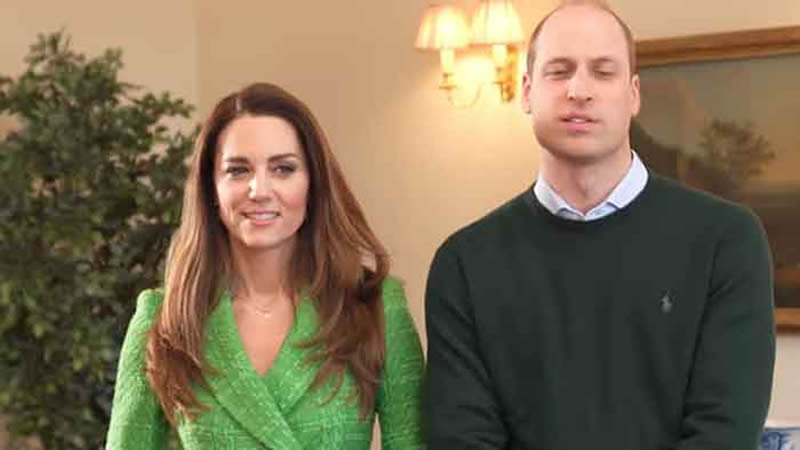Prince William and Kate Middleton have recently surprised fans by voicing their overwhelming fears about the monarchy’s future. Royal commentator Richard Fitzwilliams shared these claims and sentiments during a candid interview with OK magazine. In the interview, he highlighted the dangers posed by the health concerns of key royal figures, specifically Kate Middleton and Princess Anne.
“The Prince and Princess of Wales have been the future of the monarchy since their marriage.” “After them, their children … Kate has star power, beauty, poise and dedication. She and William have a very special cachet as a couple.” Not to mention “She is championing studies in early childhood, and this is an important cause.”
Fitzwilliams underscored the potential impact on the monarchy if these senior royals were to face significant health issues. “The health of Kate Middleton and Princess Anne is crucial to the stability and future of the monarchy,” he stated. “Any serious health problems could have far-reaching consequences.”
The royal commentator elaborated on how the well-being of these figures plays a critical role in the public’s perception and trust in the monarchy. With the Queen’s passing and King Charles’s ascension, the stability of the royal family is paramount. The health of its key members is a significant factor in maintaining this stability.
Kate Middleton, the Princess of Wales, is seen as a future queen consort and a pivotal figure in the royal family. Her health and ability to fulfill her duties are crucial to the monarchy’s image and operations. Similarly, Princess Anne, known for her tireless work ethic and dedication, is a cornerstone of the royal family’s public engagements.
Fitzwilliams’ remarks bring attention to the broader concerns about the future of the monarchy in light of these potential vulnerabilities. The royal family’s ability to navigate these challenges will be closely watched by the public and royal watchers alike.
The recent comments by Prince William and Kate Middleton reflect a growing awareness of these issues within the royal family. Their openness about their concerns is a rare glimpse into the inner workings and anxieties of the monarchy.
As the royal family continues to adapt to new realities and transitions, the health and stability of its key members remain a top priority. The public’s support and the monarchy’s future depend significantly on how these challenges are managed.
Fitzwilliams’ insights underscore the delicate balance the royal family must maintain in the face of potential health issues among its senior members. The path forward will require careful management and unwavering dedication to the duties and responsibilities that come with their roles.



